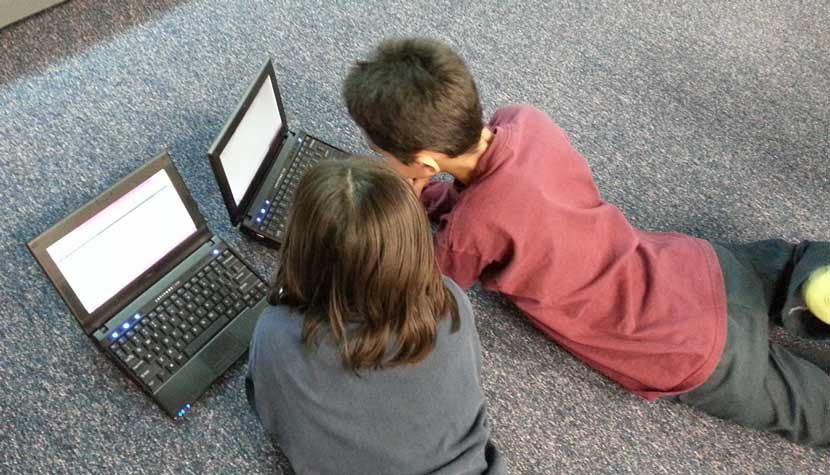Social Media: How Safe Are You?

Forensic psychologist, Dr. Maureen Griffin, spent the day in our school speaking to senior students about internet and social media safety. Maureen’s goal, and that of the school, was to make pupils aware of the dangers associated with using media and games, and to advise them on how to keep themselves as safe as possible. We want pupils to have a healthy relationship with technology which does not impact negatively on their well-being or their learning.
Here are some of her guidelines on staying safe from unwanted influences:
- Do not post your photograph online. Use an icon or cartoon as your profile picture instead.
- Do not post photos which contain identifiable information e.g. clothes with school crest or your team logo.
- Switch off Location Services on your device.
- Never give out your phone number or address.
- If someone online wants to meet you, tell your parents immediately.
- Parents must be involved in all internet activity of children under 13. It is illegal for children of this age to have their own Facebook, Instagram, Snapchat, etc., account.
- Many of the children admitted to lying about their age online. Remember the people they are communicating with are probably doing the same thing.
- Most pop-ups telling you that you have won a prize are viruses. Do not fill in your details as requested by them.
Guidelines in relation to well-being and learning:
- Use of devices negatively affects mood and should be monitored carefully.
- Never have technology or screens of any sort in the bedroom (including tvs). They affect the quality of sleep the child/person achieves (and are a serious fire hazard.)
- The child/person may sleep all night but their ability to function the next day is impaired.
- In particular, the pre-frontal lobe in the brain is affected – this is the part that helps us to concentrate and thus learn effectively.
- Overuse of devices and screens causes frustration and anger – children become irritable and cranky, so plan for some screen-free days each week.
- Devices should be put away at least two hours before bedtime. Have a family policy that everyone puts their devices away at a certain time. Have a special box or drawer to keep them in.
- Children should not be on a device or gaming console for more than an hour.
- Overuse of devices and games puts children at risk of obesity and childhood diabetes.
- Families should sit down together to discuss these issues and develop a family policy on device/game/app usage and on staying safe online.
Maureen also warned about the dangers of becoming addicted to the use of devices and screens. It is best if children are not allowed to use devices constantly but rather for short designated lengths of time. They should not use them in the morning before school for example. If a child becomes agitated when separated from their device for some time, it may be a sign that an addiction is forming. You can find out more information on Maureen’s website www.mgmstraining.ie
Download Protect Yourself Online
Download Parent Information Sheet 2017
Download Online Gaming
Download Cyberbullying
Download Online Safety
Back to Results



